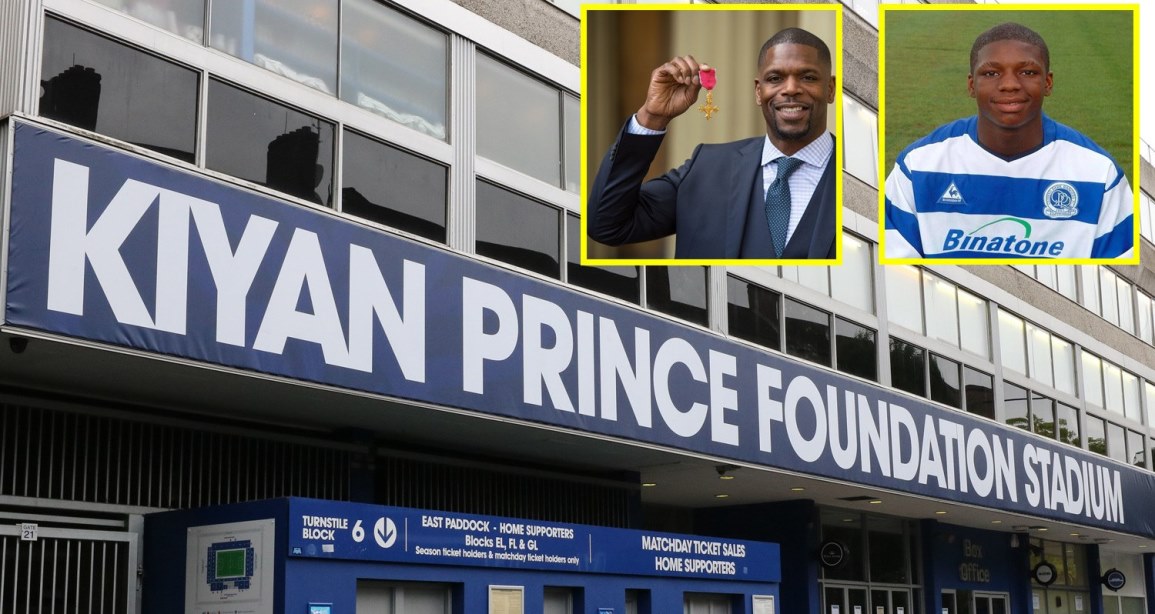Sport Clubs Could Do More For Communities
2Football can be a powerful force for change. From the ghettos of Brazil to the council estates of England and beyond, football has the power to transform individual lives and unite whole communities while giving pleasure to millions of people worldwide.
Football is also big business. Clubs have become global brands commanding lucrative sponsorship deals worth many millions. Indeed, it comes as no surprise that the top three highest paid athletes in the world are footballers. Messi, Ronaldo and Neymar all earned more than $100 million last year alone.
In this context, the example of humble EFL club Queen Park Rangers is truly extraordinary. For this relatively small and by no means rich football club has just gifted its stadium naming rights to a charity for free. Yes, that’s right, they haven’t gone for the highest bidder as you would have expected a club that’s often struggled financially might do. They have quietly and magnanimously renamed their stadium for free.
No longer will football fans and pundits be referring to QPR’s home ground as Loftus Road; instead, it’s now known as the Kiyan Prince Foundation Stadium. It’s an incredibly generous gesture that allows the charity a fantastic platform to develop and do an enormous amount of good.
What makes the story even better is that Kiyan Prince was one of QPR’s own. By all accounts an exceptional football talent on the verge of an outstanding career, Kiyan was a member of QPR’s youth academy before his life was tragically cut short. Fatally stabbed while trying to intervene in a fight outside his school, Kiyan was only 15 years old when he died back in 2006.
His inspirational dad, Mark Prince, himself a former boxing champion, has since made it his life’s work to combat knife crime and to inspire young people to take a different path.
QPR, like many other sports clubs, has a long and proud history of making a difference in the community. Recently recognised as London Community Club of the Year, QPR undertakes a broad range of initiatives including ongoing projects to support those affected by the Grenfell Tower disaster which was in QPR’s backyard.
Very few sports clubs though have taken their commitment to doing good in the community to the level that QPR has, or the example the club has set in involving fans in the process. QPR drew up a shortlist of five charities and invited fans to vote on which one should be awarded stadium naming rights. With 63 per cent of the vote, the Kiyan Prince Foundation was the fans’ clear favourite.
QPR’s admirable and innovative initiative is worthy of much greater recognition and fanfare than it’s attracted so far.
Even if only a handful of other sports clubs across all codes were to follow in their footsteps, then sport in general could be a real force for social change.
Imagine, for example, if the Vodafone Warriors were renamed not in response to a big money sponsorship deal, but in recognition of a local charity making a massive difference on the ground. What a force for change that would be. And surely such a generous gesture would attract even more lucrative sponsorship deals from companies eager to bask in the reflected glory.
Sport really does have the power to effect change and maybe it’s time clubs in NZ thought seriously about how they can contribute to the greater good. QPR’s refreshing example has certainly set the bar high and should provide plenty of food for thought.
Article provided by Write Solutions


Wow what a moving article, so nice to see his legacy to carry on forever.
[…] Sport Clubs Could Do More For Communities […]